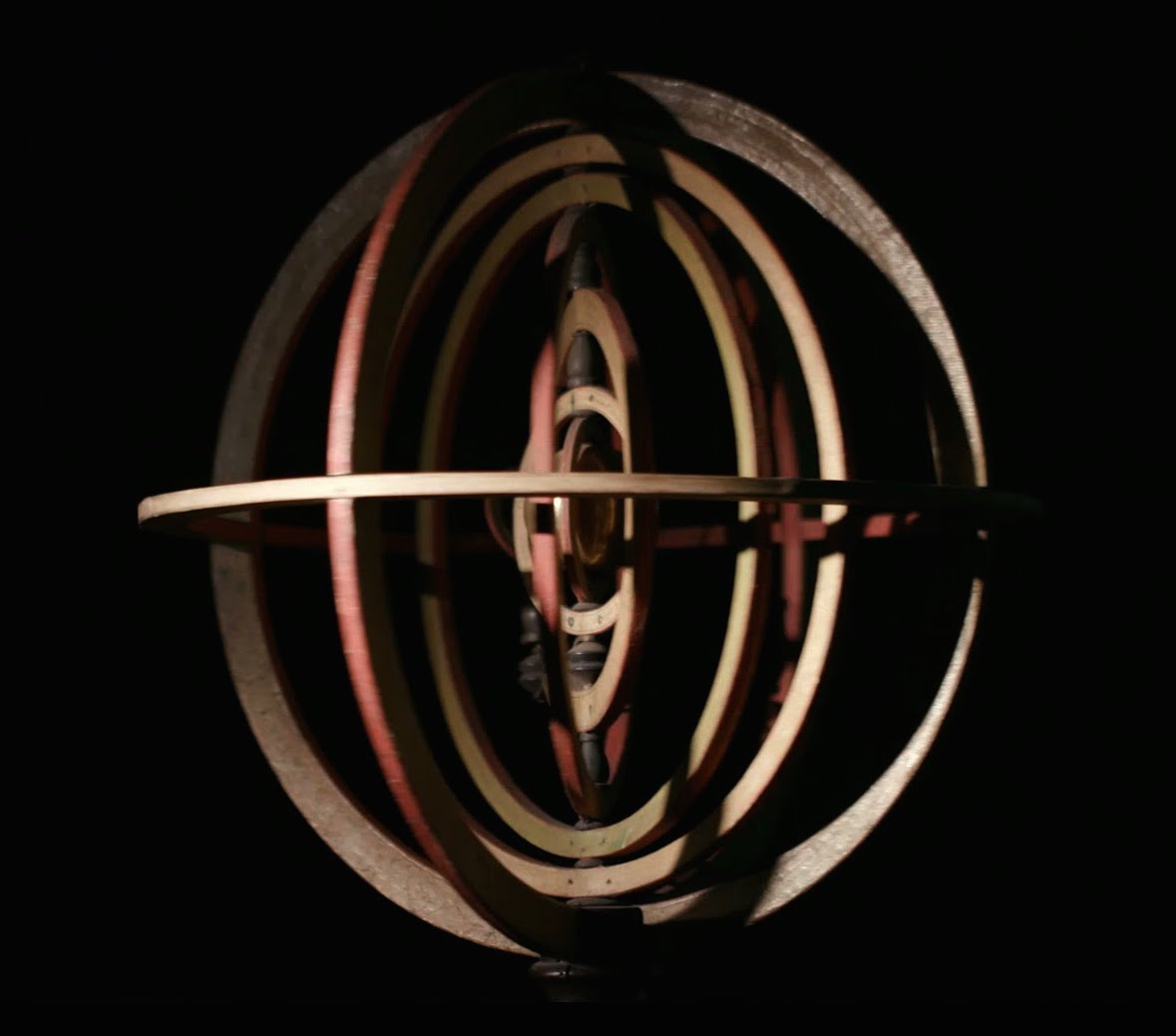Denounced by her neighbours as a witch, Katharina Kepler is plunged into a crazed and corrupt legal process in this compelling historical opera by award-winning composer Tim Watts. Can her brilliant son, the famed astronomer, Johannes Kepler, save her from the stake? Or will Kepler’s own imagination be turned against him?
Based on Ulinka Rublack’s groundbreaking book ‘The Astronomer and the Witch’, this innovative piece of theatre brings Kepler’s world to life through vivid evocations of 17th-century hymns and drinking songs, performed by The Gesualdo Six, alongside a colourful instrumental ensemble that includes the haunting sonorities of cornett and sackbut. Video sequences from internationally acclaimed artist, Aura Satz, reanimate museum artefacts in revelatory ways. Words recorded in courtroom transcripts 400 years ago reverberate once more on a different stage. And a voice from the margins of history –female, ageing, widowed, illiterate – is heard afresh, her tale retold.
The performance will be preceded by a discussion in which Ulinka Rublack, Tim Watts and Aura Satz will be joined by Dame Marina Warner as well as Juliet Mitchell, Emeritus Professor of Psychoanalysis and Gender Studies at the University of Cambridge, and Simon Schaffer, Professor of History of Science at the University of Cambridge, both of whom contributed to the opera’s unique process of development.
Includes wine reception.
For background information on the opera, please visit the Kepler’s Trial website

